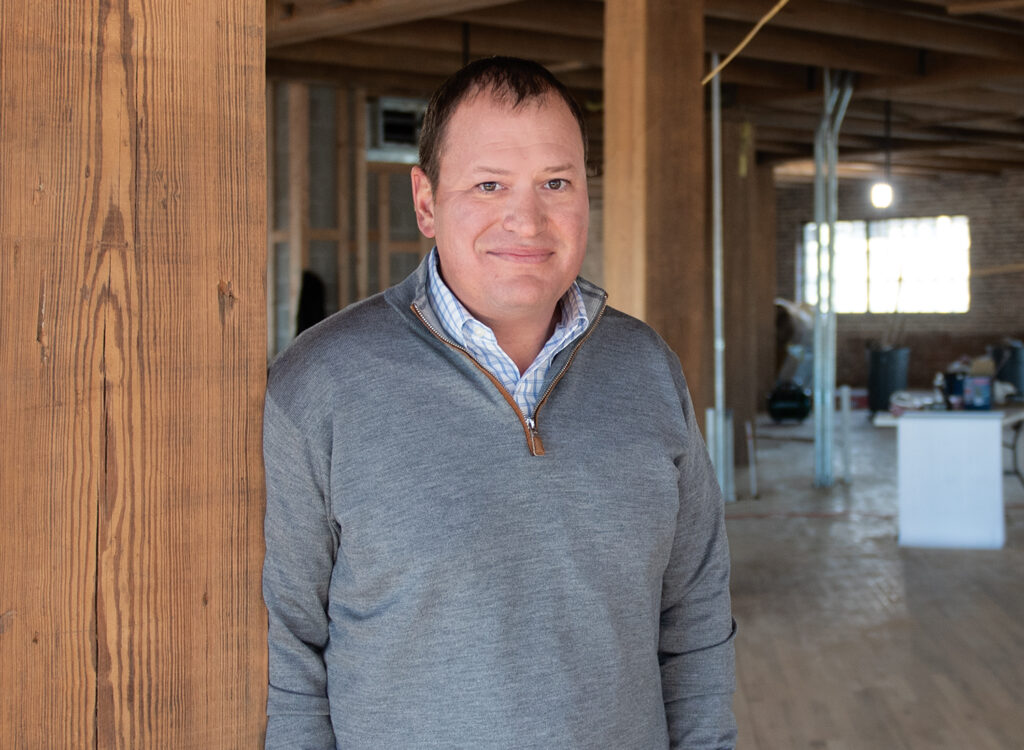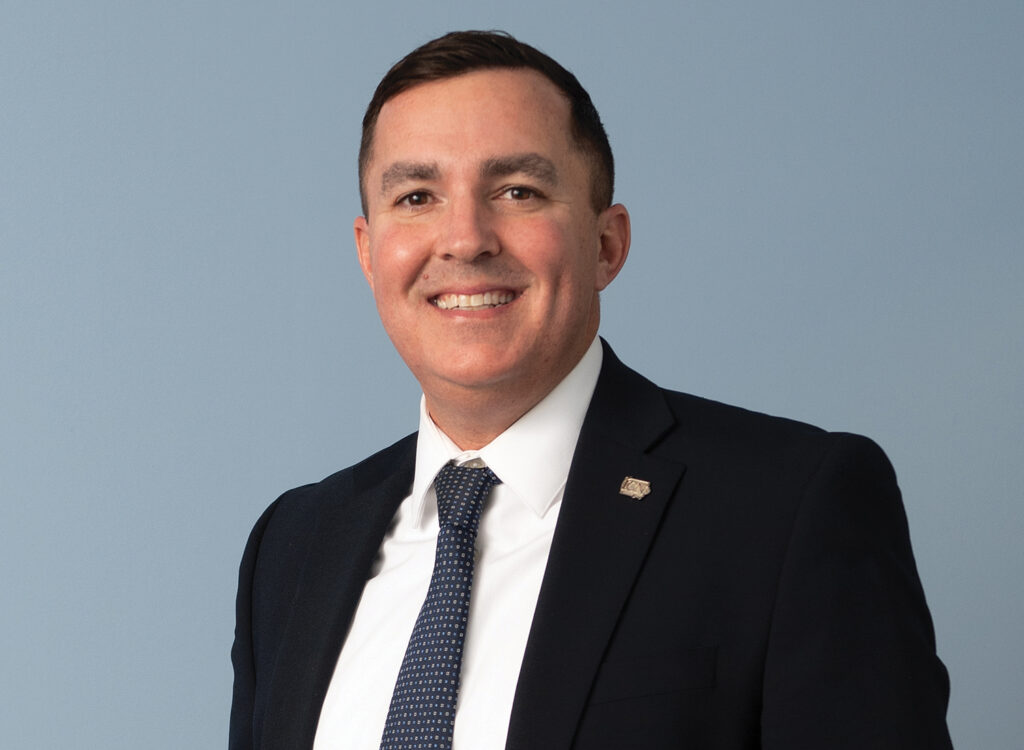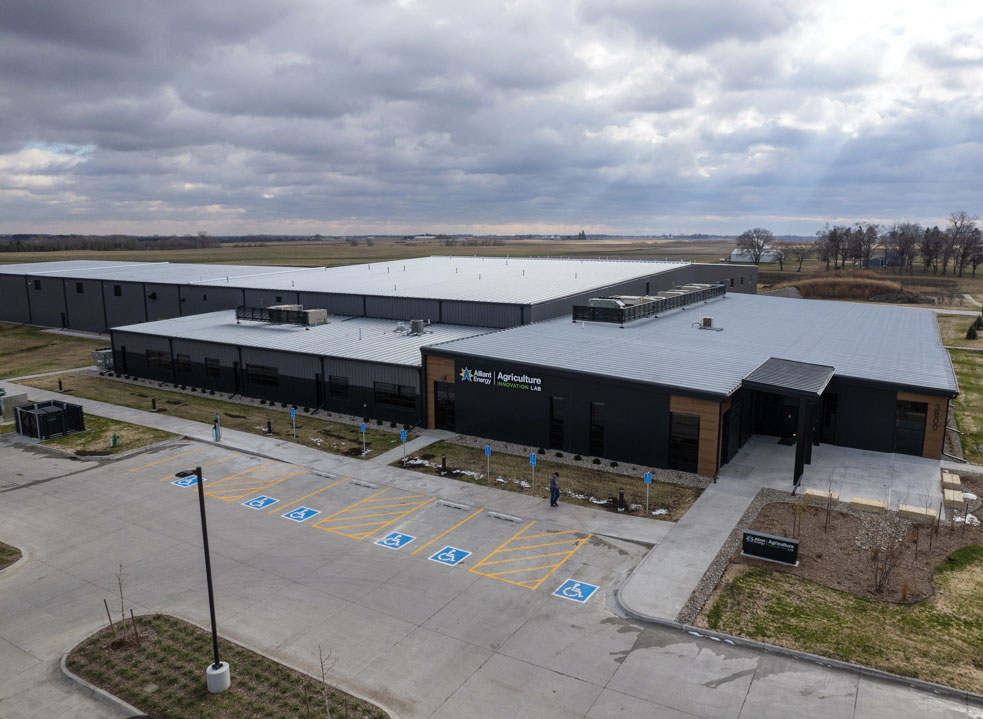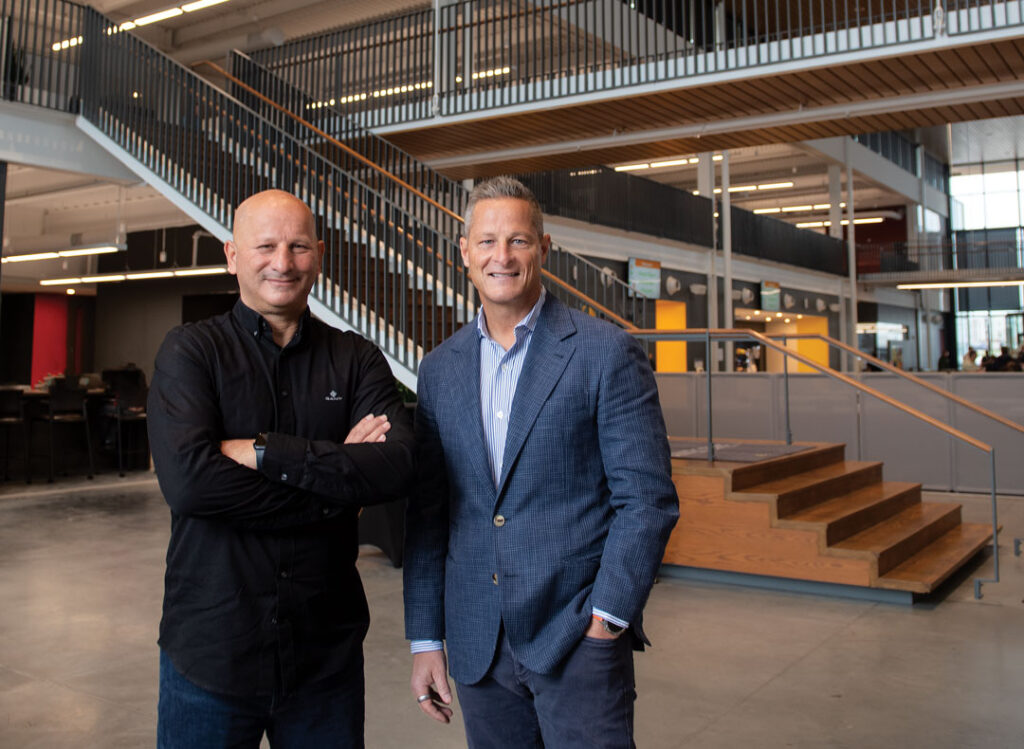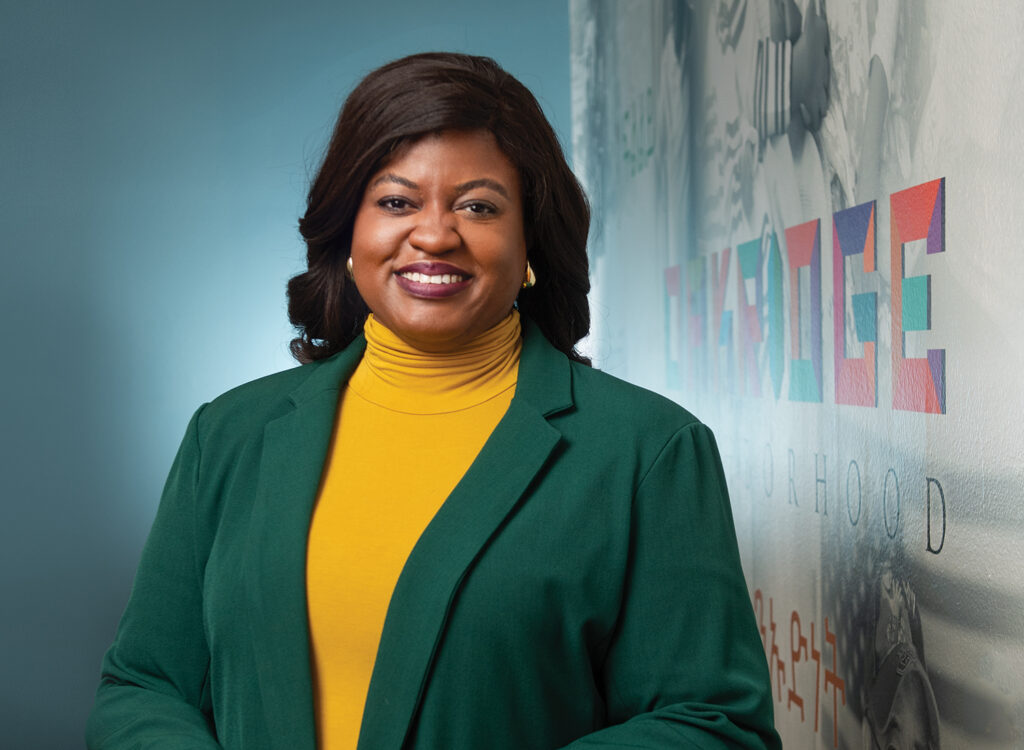A Closer Look: Natalie Lamarque
General counsel, Principal Financial Group

JOE GARDYASZ Oct 11, 2022 | 4:55 pm
5 min read time
1,258 wordsA Closer Look, Business Record Insider, InsuranceNatalie Lamarque joined Principal Financial Group on Aug. 1 as its new general counsel. In that position, she has oversight over Principal’s law department, including government relations and compliance. She also serves as corporate secretary to the Principal board of directors. Lamarque assumes the role following the retirement of the previous general counsel, Mark Lagomarcino.
Lamarque was most recently senior vice president and general counsel for New York Life Insurance Co., leading the general counsel office as well as the firm’s insurance and agency, investments, corporate practice and tax teams. She also previously served as an assistant United States attorney in the Southern District of New York and in the litigation department of Debevoise & Plimpton LLP. “With Natalie’s extensive expertise managing complex legal matters, she is well positioned to help identify and meet the goals of our business,” said Dan Houston, chairman, president and CEO of Principal. She has served in leadership positions on several nonprofit boards and holds Series 7 and 24 securities licenses. Lamarque, who is based at Principal’s global headquarters in Des Moines, recently relocated to Greater Des Moines with her family.
Tell me about your professional background.
The bulk of my career was in private practice, but also in the government. I was a federal prosecutor in Manhattan for almost eight years, prosecuting organized crime cases having to do with the mob and all kinds of racketeering and things of that nature. … I often get asked the question, “How on earth did you go from federal prosecutor of mob cases to now in-house counsel, and in the insurance industry, of all industries?” It really is a story of mentors. [One mentor, at the time general counsel of MassMutual Insurance,] gave me some amazing advice. He said, “First, pick an industry that means something to you, where the mission and the purpose of that industry calls to you. And pick an industry that is highly regulated, because the job you do as a lawyer then becomes central to that organization.”
How did you learn about the insurance business?
I walked into [New York Life] largely as an individual contributor — as a litigator, managing claims, dealing with class actions and major litigation issues. And through that paradigm, I was able to learn the business. So it’s a wonderful way to get a bird’s-eye view of an organization, because what comes in the door through litigation gives you snippets of different issues and areas of the company.
How is Principal’s legal department structured?
Principal is a highly sophisticated and complex model, and the legal compliance and government relations teams report up through me as general counsel, and those teams are structured largely to mirror the complexity of Principal’s business, so legal is set up to mirror the business structure. So we have [U.S. Insurance], which is our insurance team; we have our retirement attorneys; we have asset management attorneys; and then we have what we call corporate function attorneys. They’re the ones who deal with all the other issues you would think about. We have close to 150 professionals — attorneys, paralegals as well as support staff. On the compliance side it’s really similar to what the legal group does, probably about 150 or so people. Government relations is a bit of a smaller team based in D.C. as well as here in Des Moines. The department is made up of really strong professionals — you’re talking about some of the highest-level subject matter experts in their particular fields. … It’s a really different experience being an in-house lawyer than to work in other areas of the law. Being at a law firm, you get presented with an issue and you have to answer that particular issue for that particular client. And then they go away, and another client comes. But oftentimes you don’t actually get to know what was done with your advice, whereas when you’re in-house, you live and breathe this particular company.
Is it difficult coming from the outside to take charge of a highly seasoned team?
I think if I viewed it as taking charge, it would be — but I don’t view it that way. This largely is a group of highly skilled professionals. What they need from me is support; they need direction at times. They need me to be the mechanism to coalesce when there are different perspectives. When I was presented with this opportunity, our CEO, Dan Houston, was pretty clear that what we want you to do is figure out what the team needs and how to get this highly functional group of experts to the next level, and it largely aligns with what they want. … Is it difficult? Yes, I would say it’s hard, because when you step into a well-run organization, as much as you want to bring your own perspective … you also need to take a beat and give respect and credit to the company. It’s been around 144-plus years and has a sense of what it’s doing.
What prevailing themes would you say are broadly facing the insurance industry right now?
One is talent. … We are service providers … and what we provide the organization is talent — judgment, expertise, analysis. Right now, every organization is trying to get the talent balance right, and trying to get the model of how you engage with employees. … I think there’s just more complexity and more put on the plate of corporate America than has ever been put [there] before.
What’s a favorite quote?
I would say, “To whom much is given, much is expected.” It’s definitely the way in which I try to live my life. I’ve been the beneficiary of so much support, mentoring and sponsorship. The number of people who have stopped to give me help is innumerable. I think mentoring relationships are probably some of the most special relationships you can have, because those are people who don’t have to do it. And when they’re reciprocal, you can get as much from your mentee as you give. My parents are Haitian-American; they moved here in the 1970s as part of the brain drain and sacrificed quite a bit to provide me and my brother the education and the support we had. So, for me not to provide and reciprocate and give as much back to mentor as many people as I possibly can would be unfathomable.
Are you a first-generation college graduate?
No, my mother was actually a surgeon, an obstetrician surgeon in Haiti and then an obstetrician/gynecologist here. My mother is a dynamo — she ran several OB-GYN departments. When I think about the American dream and how it’s typified, that’s her. When she came to the United States in the 1970s she did not speak English and she took her medical equivalency exam in English. She didn’t speak the language and she passed by recognizing science terms. I still don’t understand how she did that — she’s brilliant. … She finished her four years of residency and then sponsored my dad, her mom and various family members to come back over with my brother, but that’s the kind of sacrifice that I was raised seeing. When I was moving to Des Moines, actually, I remember calling my father and saying, “Moving from New York to Des Moines is such a big move, right? It’s such a big change.” And he laughed. He’s like, “I moved from Haiti to the United States. Moving from New York to Des Moines is not a big move.”



